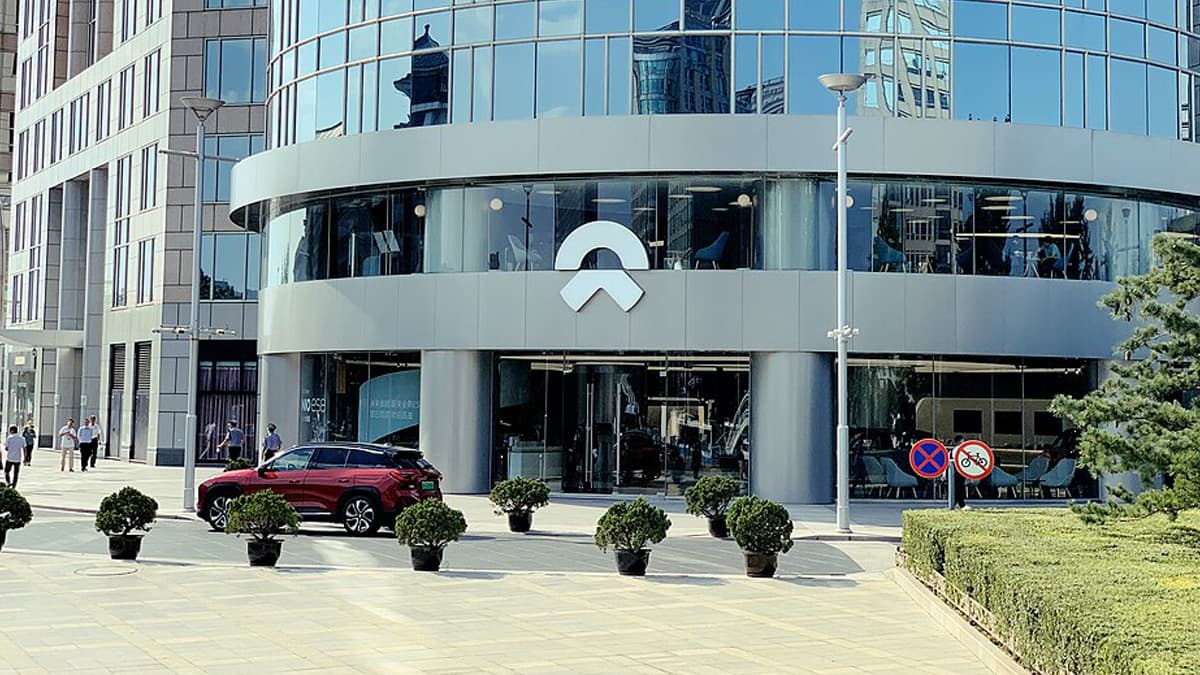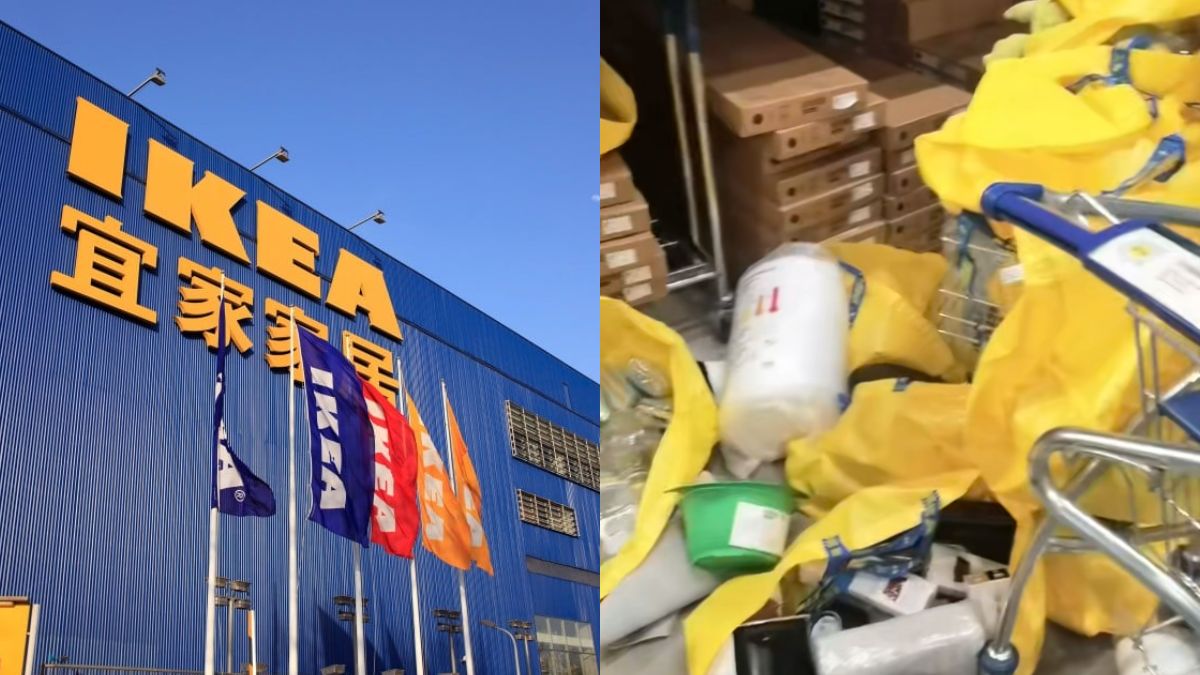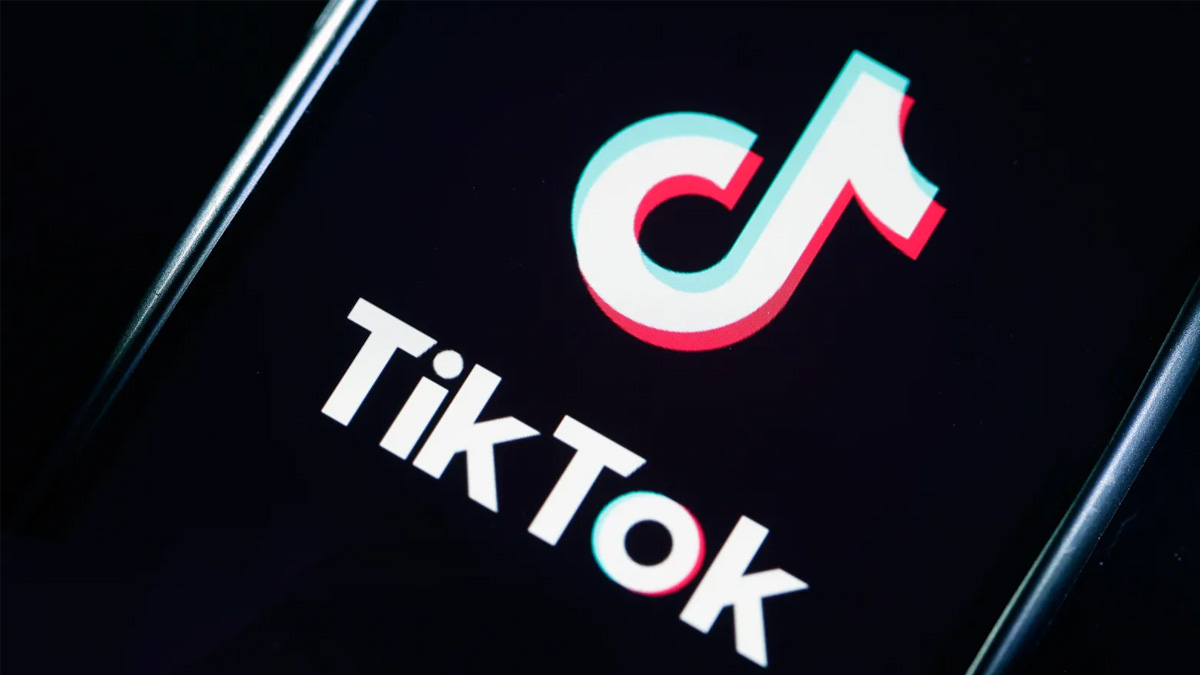Nio rebuts GIC lawsuit after investor concerns trigger sharp share drop
Nio Inc has formally responded to a lawsuit filed by Singapore’s GIC Private Limited, denying allegations of revenue inflation linked to related-party sales. The case, currently stayed in the US, sent Nio's shares tumbling before a partial rebound the next day.

- GIC has filed a lawsuit in the US against Nio Inc, citing alleged revenue inflation tied to related-party transactions.
- Nio rejects the allegations, referencing a prior internal investigation that found no factual basis.
- The lawsuit, currently stayed, triggered a sharp drop in Nio’s stock, though prices rebounded the following day.
Chinese electric vehicle (EV) maker Nio Inc has issued a formal rebuttal to allegations in a lawsuit filed by Singapore’s sovereign wealth fund GIC Private Limited, after its shares plunged nearly 13 per cent on 16 October, 2025, following renewed media attention on the case.
While the lawsuit was originally filed on 28 August in the US District Court for the Southern District of New York, a report published by Chinese financial news outlet Caixin on 15 October brought the allegations to broader public and investor attention, triggering a steep sell-off.
Nio’s stock fell as low as HK$47 (US$6.05) on the Hong Kong exchange, marking its biggest one-day drop in six months. It was also the worst performer on the Hang Seng Tech and Hang Seng Automobile indices.
In response to the renewed scrutiny, Nio said in a statement shared with CnEVPost, “This matter is not a newly occurring incident, nor is it directed at Nio’s recent operational performance.”
The company linked the lawsuit to a 2022 short-seller report by Grizzly Research LLC, which it characterised as containing “false allegations”, “numerous errors”, and “unfounded speculations”.
Nio stated that an independent board committee completed an internal investigation into the report in August 2022, assisted by international legal and forensic accounting firms.
“The investigation found the allegations had no factual basis,” the company reiterated.
The lawsuit filed by GIC names Nio and two of its former and current top executives — chief executive officer William Li (also known as Bin Li) and former chief financial officer Wei Feng — as defendants. Feng left the company in July 2024.
According to court documents, GIC alleges that Nio misled investors through “materially false and misleading statements and omissions” related to its financial relationship with an affiliated entity, Nio Battery Asset Co, also known as Weineng.
GIC contends that Nio used Weineng to prematurely recognise revenue by directing it to purchase leased batteries in 2020, at a time when Nio was experiencing a severe liquidity crisis.
The lawsuit claims that Nio held controlling financial interest in Weineng and remained its primary beneficiary. As a result, GIC argues, the company should have consolidated Weineng’s financials and recognised revenue incrementally over the life of battery leases, rather than in full at the point of sale.
GIC alleges that when this information came to light, it resulted in significant losses for investors. “Nio’s securities plunged in value, causing [GIC] to suffer tremendous losses,” the court filings state.
GIC reportedly purchased 54.5 million American depositary shares of Nio between 11 August 2020 and 11 July 2022. A person familiar with the case told The Straits Times that GIC, although already a class member in the broader US class action, filed the August lawsuit to preserve its legal options under US law.
“Because of expiring litigation deadlines, GIC filed a customary ‘placeholder’ complaint simply to preserve all its options – whether to stay or opt out of the class action,” the person said.
The case was temporarily stayed in early October pending the outcome of the earlier class action lawsuit.
The renewed focus on the case, despite its earlier filing, illustrates the market impact of media exposure. The Caixin article — the first significant Chinese-language report to cover the lawsuit in detail — appears to have amplified investor anxiety, particularly in Hong Kong, where Nio’s shares are actively traded.
Nio’s share price partially recovered the following day, rising 6.8 per cent in Singapore on 17 October to US$6.73 by 9.14am. Its American depositary receipts in New York also edged up by 0.15 per cent overnight.
The legal dispute centres on Nio’s “battery-as-a-service” (BaaS) model, under which customers lease batteries instead of purchasing them outright. Batteries, which can account for up to 40 per cent of a vehicle’s cost, are managed and leased by Weineng, which was established in August 2020 by Nio, CATL, Guotai Junan, and Hubei Science Technology Investment.
Nio maintains that control of batteries was transferred to Weineng upon sale, fulfilling its performance obligations and justifying the full revenue recognition under applicable standards. It disclosed all relevant transactions as related-party dealings in its financial statements.
“Since its launch, the BaaS model has provided users with an optimal experience in vehicle purchase and usage, while contributing to advancements in the lifespan of batteries,” Nio said.
The company also affirmed its commitment to compliance across all exchanges where it is listed, including the US, Hong Kong, and Singapore.
Despite the controversy, Nio remains focused on international expansion. It plans to launch in Singapore in January 2026, following its appointment of Wearnes Automotive as local distributor.
Wearnes spokeswoman Vynn Tu confirmed that “plans to launch Nio here remain on track”, with preparations for regulatory approval and staffing already under way. The brand will debut with a compact electric hatchback at the Singapore Motorshow, scheduled for 8 to 11 January, 2026.
GIC has declined to comment on the ongoing litigation.






